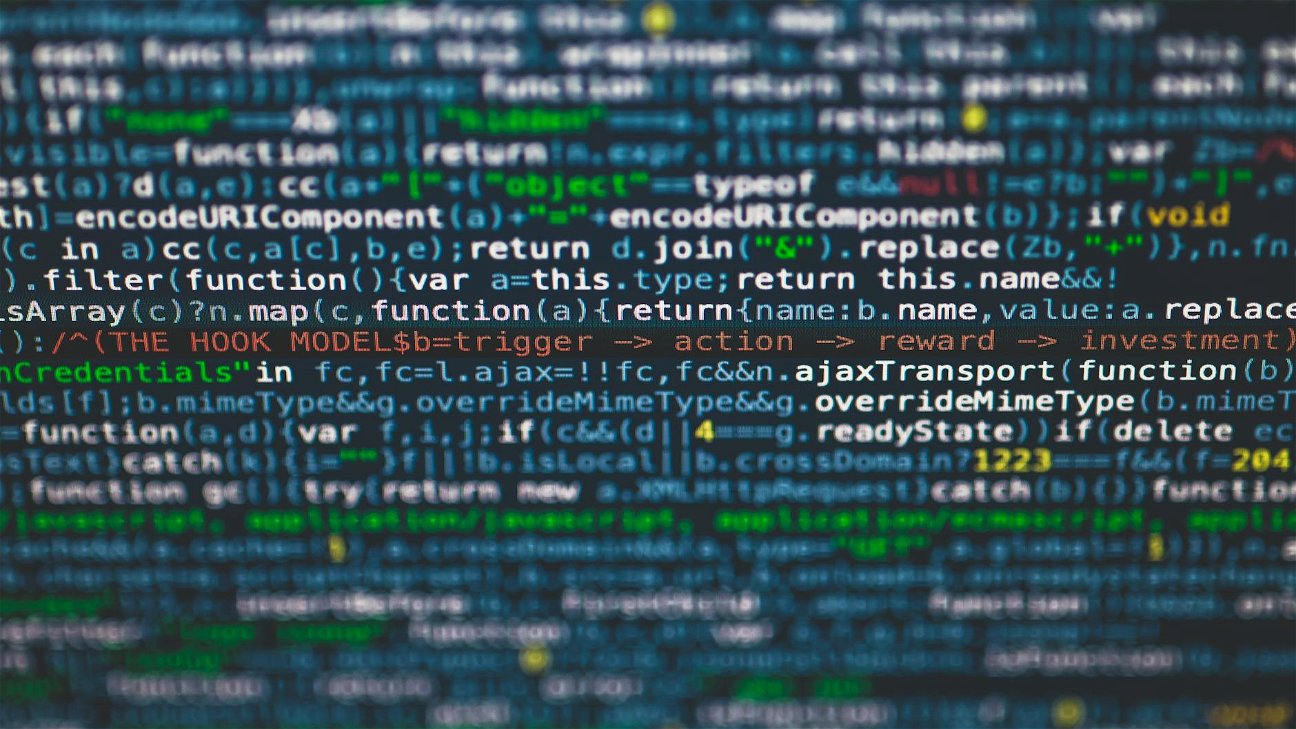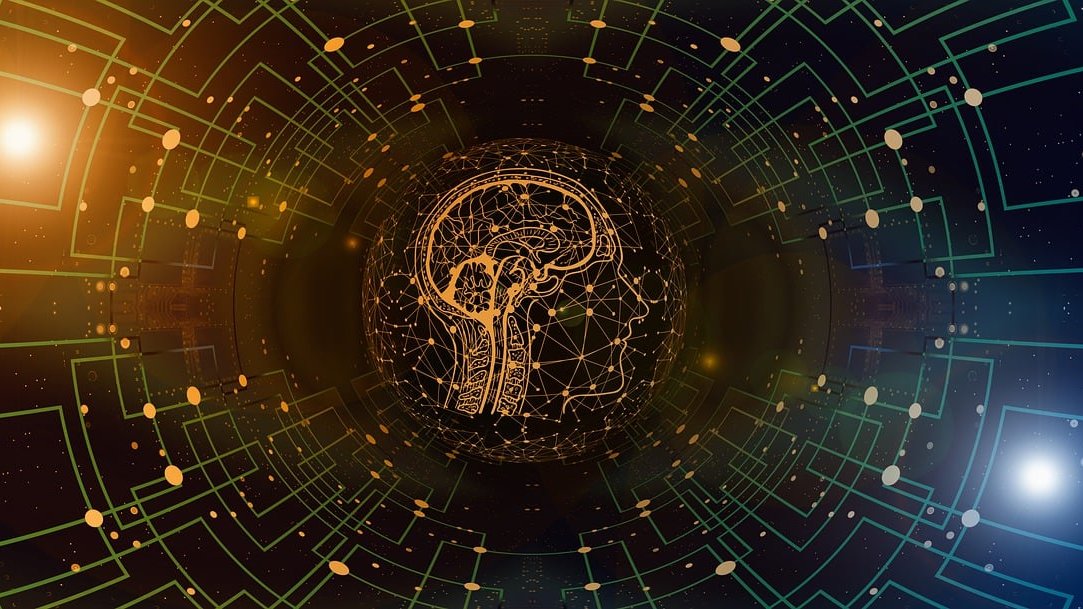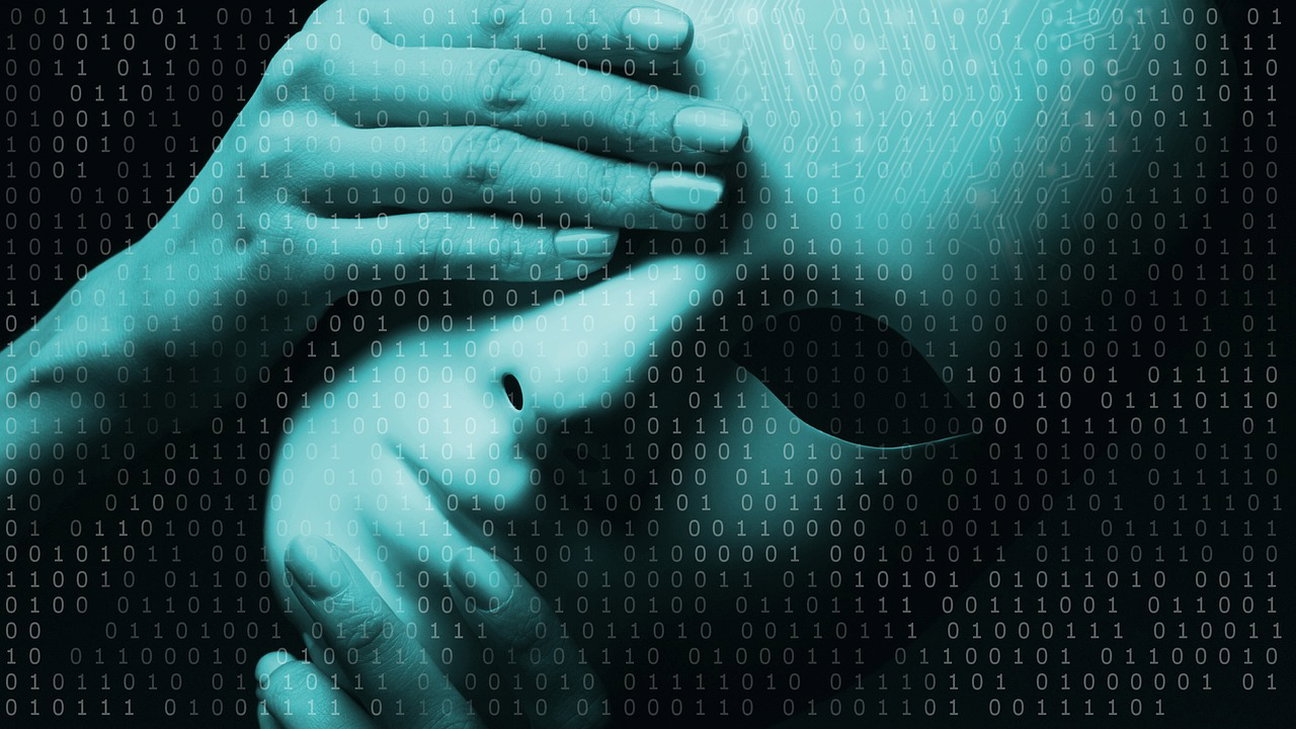
Experts continue to debate whether artificial intelligence (AI) will lead to massive job losses or not. Many fear that advancements in AI, such as the artificial intelligence program ChatGPT, could pose a significant threat to various professions, including writers, white-collar workers, and even jobs in healthcare and aviation. However, some argue that the human touch and our unique skills remain irreplaceable in many aspects of work, and AI might just help make our jobs easier, not irrelevant
AI: A threat to job security or a fear-mongering myth?
AI's potential is often viewed with a sense of trepidation. Figures like Ian Bremmer and Mustafa Suleyman predict that AI advancements might result in significant job losses across various sectors and foresee a future where AI controls significant aspects of society and governance. Their speculation is based on the increasing competence of AI systems like ChatGPT, which can already produce clearer prose than most humans. This perspective, however, is not universally accepted, with many arguing for the irreplaceable value of human skills and ingenuity.
The narrative of AI replacing human effort entirely often overlooks the unique skills and ‘human touch’ people bring to their work. While AI can automate certain aspects of jobs, there is a vast array of tasks that require human judgement, quick decision-making, fine motor skills, or even the human ability to connect on a personal level. These aspects are currently beyond the capabilities of AI and underline the importance of the human element in the world of work.
AI and humans: A symbiotic future of work
AJung Moon, a computer engineering professor and an expert in AI and robotics, envisions a future where AI takes over the mundane, bureaucratic, and redundant parts of work. This automation would free up humans to concentrate on tasks that AI can't handle effectively, such as human interaction and problem-solving. This perspective presents a more symbiotic relationship between humans and AI, where each does what they're best at, enhancing overall productivity.
Paul Hartley, an anthropologist and CEO of Human Futures Studio, emphasizes the concept of 'human centricity' - the principle that technology, including AI, must cater to human needs to be truly useful. Hartley argues against the notion of technology for technology’s sake, contending that regardless of how advanced AI becomes, it will remain a tool for human purposes. This perspective underlines the role of AI as a tool to augment human capacity, not replace it.
The resilient job market in the face of advancing AI
Vurain Tabvuma, an associate professor at St. Mary's University, calls upon historical evidence to argue that the capitalist economy will continue to create jobs despite technological advancements. Tabvuma draws parallels with past technological shifts that were predicted to kill jobs but instead led to the creation of new types of work. This perspective suggests that AI, like technologies before it, will catalyze innovation and job creation rather than leading to widespread unemployment.










